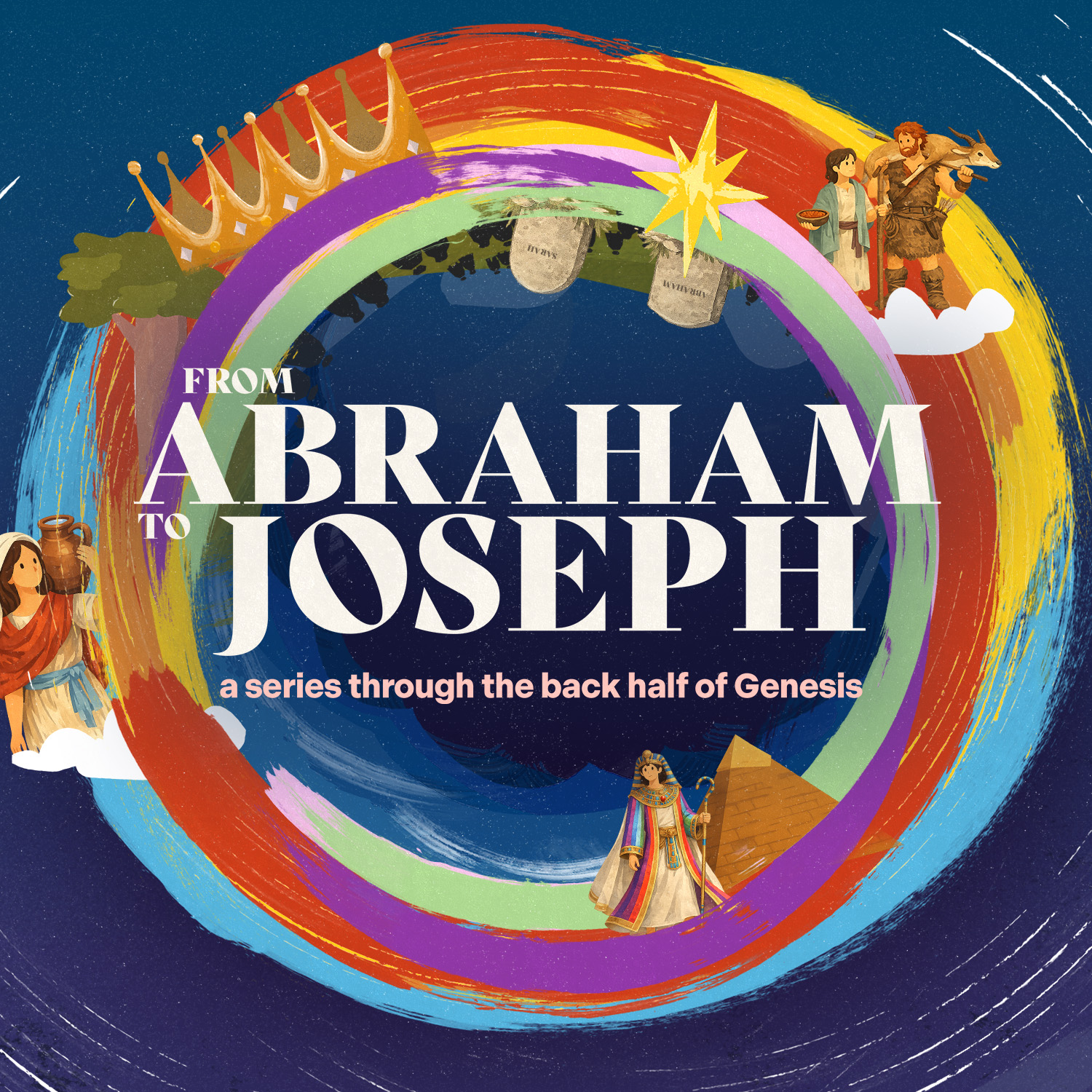Over the last several years we have had several people attend Good News Church who were previously associated with the Jehovah’s Witnesses. In fact, I think Good News has had more former Jehovah’s Witnesses in attendance than any of the other churches I have worked at. One time, one of those attendees asked me about why I would believe that Jesus is God when the Bible clearly calls him the Son of God. I ended up responding to that person by letter, and decided to adapt that letter for this newsletter article so you can read a presentation of how (at least on one occasion) I presented the divinity of Jesus to a person with a JW background.
Note: You may notice that I quote from the New World Translation (which is the Jehovah’s Witness translation) of the Bible in this letter. That is because the person I was writing to was still using that translation from her Jehovah’s Witness days and wasn’t quite ready to accept another translation yet.
I admire your quest for truth, and I pray that God will honor it. I also thank you for writing in with these questions. A lot of people can’t handle hearing things that don’t match what they already believe. So, good job for considering this. I hope to be as helpful to you as you were hoping for!
The first thing that I am noticing is that there could be some language issues that are getting in the way here. For instance, I completely agree with you that Jesus is the Son of God. However, the tension between Jesus’ “sonship” and his “equality” with God are present in the Scriptures. Notice in John 5:17-18 it says:
But he answered them: “My Father has kept working until now, and I keep working.” This is why the Jews began seeking all the more to kill him, because not only was he breaking the Sabbath but he was also calling God his own Father, making himself equal to God.
(Note: I am quoting from the New World Translation here for your sake. I figure it’s good to make sure we are clear that these are not Catholic or Protestant insertions.)
Notice that Jesus is referred to as the Son of God and “equal to God” in the same verse. Now, I realize that someone might say, “Well, that was just what the Jews thought. Jesus didn’t say that He was equal to the Father. The verse merely says that the Jews took it that way.”
Agreed, but that still opens up the category for us to understand this. Please notice that the culture of Jesus’ day did not think that being the “Son of God” ruled out being “Equal to God.” You were probably raised to think that it must be one or the other. But I think it’s helpful to notice that the first century Jews didn’t think that. It sure seems that they thought it was possible to be both.
Now, back to the “language issues” I was referring to earlier. I think one of the trickiest things about all of this is that the Bible sometimes uses the word “God” in a general way to refer to “deity” or “that which is divine” but at other times is specifically referring to “God, the Father.”
So, when Jehovah’s Witnesses say things like: “If Jesus was God, he wouldn’t send himself,” I get the point and agree. In fact, the same goes for Jesus’ prayers. He wouldn’t pray to himself either. However, when I say: “Jesus is God” I do not mean that “Jesus is the Father.” I mean, “Jesus is divine.” I completely get that Jesus is not God the Father. That would make an illogical mess of too many Bible verses. The Son is not the Father. However, the Son and the Father could both be God.
Christians affirm:
- The Father is not the Son.
- The Father is not the Holy Spirit.
- The Holy Spirit is not the Son.
- The Father is God.
- The Son is God.
- The Holy Spirit is God.
In fact, if you use google image search with those words you’ll probably find a little triangle graphic that Christians often use to show this.
Now we’ve come to the crux of the issue: The Trinity. Many Christians have noticed (and this belief has been widespread across Christianity both geographically and throughout the centuries) that the Bible seems to speak of a both a “one-ness” and a “three-ness” when it comes to God. I think that’s where the word “trinity” came from. They combined “Tri” with “Unity” to describe a thing that possesses both a “three-ness” and a “one-ness.”
Why? Because the Bible treats God as a Deity (not three deities) and yet describes three persons who are God: the Father, the Son, and the Holy Spirit. So, theologians have had to grapple with that for a long time now, without disregarding any Bible verses.
On the one hand, you could just ignore the “oneness” and act as if there are three Gods listed in the Bible. But that would require us to sidestep a lot of verses (Isaiah 45:5 being just one of the many.) However, the other way to simplify all this is to ignore the “three-ness” of God found in the Bible. As best as I can tell, this is the route the Jehovah’s Witnesses have chosen. The problem with that is that it also requires sidestepping a lot of Scripture. Here is a big one:
John 1:1-3 says: "In the beginning was the Word, and the Word was with God, and the Word was a god. This one was in the beginning with God. All things came into existence through him, and apart from him not even one thing came into existence."
Again, please notice that I am using the New World Translation. This translation is known for having bias in its translation work, as the translators all had certain theological convictions that they agreed upon (things like “Jesus is not God”) before they decided what English words to use. Nonetheless, they produced a translation that still shows the difficulty of simply treating Jesus as a created being.
I think this is incredibly significant. Re-read John 1:1-3 once more. It’s amazing. Even in the translation specifically approved by the Watchtower Society, Jesus Christ (clearly the “word” being referred to here; see John 1:14) is called “a god.” (You can google around to find a number of scholars who disagree that the word “a” should have been inserted there; but for now, let’s just go with what we have in the NWT)
I find it remarkable that the New World Translation says that Jesus existed “in the beginning” and that He was a “god.” Not only that, but (perhaps more importantly) in the following verse Jesus is referred to as something that was uncreated. The verse is clear that “all things came into existence through him” - which is an act that Genesis 1:1 says that God did. Additionally, it says that “apart from him not even one thing came into existence.” If John wanted to communicate that Jesus was “uncreated,” what words could he have used to make that more clear? John does not begin with a beginning that only includes God, apart from His "word." No, in the beginning, there's both God and His "Word" and not one thing was created, unless it was created by the Word. We know Jesus didn’t create himself. So, if all created things were made through Him (and “not even one thing came into existence apart from him”) Jesus is in the same category as God – an uncreated person.
So, even in the Watchtower Society’s approved translation, Jesus is a “god” who is “Creator” not “creation.”
I’m trying to show that the Biblical difficulties around this issue (that there is a oneness to God, while also a multiplicity to God) is right there in the Bible. And it is even in the translation that was most predisposed to want to minimize it.
This three-ness is also found in passages like 2 Cor 13:14 and Matthew 28:19 where “the Father” and “the Son” and “the Spirit” are all treated as equals in the sentences. Even in the Hebrew Scriptures, you see verses like Psalm 33:6 where the heavens were made by Jehovah, but it also specifies that His “word” made the heavens, and in the second clause it was also His “spirit” (sometimes translated “breath”) that also made them. There is a three-ness to God in the Bible that we have to do something with.
To me, though, the biggest issue is the issue of worship. The Bible is so repetitively clear that idolatry is a sin. We are not supposed to worship anyone or anything other than God. Ancient Israel was rebuked for idolatry over and over again.
And, yet, for some reason, the worship of Jesus isn’t forbidden, but is rather encouraged in the Bible. In John 5:22-23, Jesus said that the reason He was given all judgment was so that “all may honor the Son just as they honor the Father.” Wow. Think about that. Only if the Son is God should we honor Him “just as we honor the Father.” Otherwise, it would be a huge sin. And yet the Bible presents Jesus as an acceptable object of worship. In Revelation 5:13, the creation worships “the One seated on the throne” and “the Lamb” (a reference to Jesus; see John 1:28) all in the same breath! How could this be tolerated by the same God who said “I give my glory to no one else”?
Just compare Matthew 28:9 & John 20:28 to Acts 10:25-26 & Revelation 19:9-10… the differences between worshipping Jesus and worshipping anything else are striking!
I’ll end this letter by saying that I am happy to have you at church, and I hope you will keep coming. And I hope you will realize that this church is pastored by an imperfect man who is trying his best to deal with the difficult portions of Scripture and explain them the best that he knows how. I also hope that one day, if it hasn’t happened already, that you will worship Jesus with me just like the creatures in Revelation 5:13 do.

